Nature reports
Publisher: Dutch Caribbean Nature Alliance (DCNA)
Page 11 of 20 - 191 Results
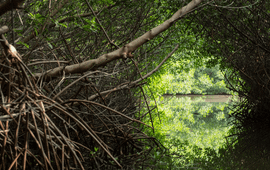
The mangrove forest of Lac Bay, Bonaire, is experiencing a die-off of trees in its northern area. Increasing the tidal exchange by creek restoration likely enlarges the living conditions of the mangrove trees. A collaboration..
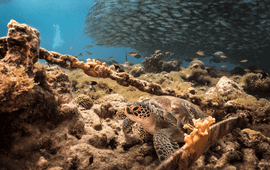
DCNA has been actively promoting a nature focused agenda both within The Netherlands and internationally. Whether it’s championing the Yarari Marine Mammal and Shark Sanctuary, establishing new partnerships or pushing for a..
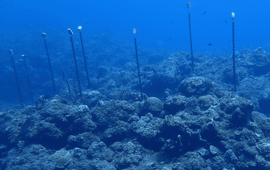
Researchers from Van Hall Larenstein, Wageningen University and Wageningen Marine Research have developed a new approach to assist Diadema sea urchins’ natural recovery. In collaboration with the Saba Conservation Foundation, they..
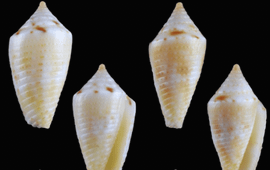
Researchers from the Florida Atlantic University and University of California recently discovered a new species of cone snail off the coast of Aruba. Inhabiting the shallow waters of Malmok Beach, this species represents only one..
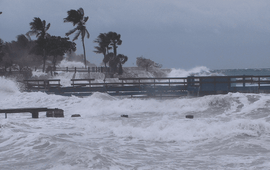
Caribbean islands are at the forefront of the climate crisis, with effects already starting to become noticeable in the region. This year, DCNA launched a Climate action plan for the Dutch Caribbean. This plan provides concrete..
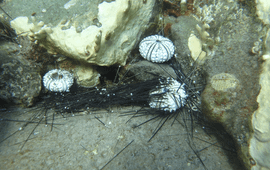
Since February 2022 there have been reports of long-spined sea urchin die off from a number of islands in the Caribbean, including St. Eustatius, St. Maarten, Saba and Curaçao. It is feared there will be a massive die-off event of..
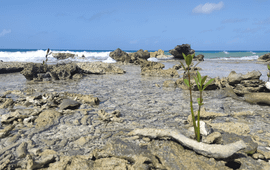
Since 2020, the Mangrove Maniacs have planted over 1500 mangroves along the southwest coast of Bonaire. A new collaborative project with Van Hall Larenstein University of Applied Sciences monitored and mapped these newly planted..
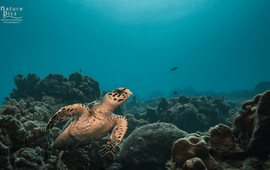
Each year, hawksbill and green turtles, and sometimes even leatherback turtles, come to the beaches of St. Eustatius to lay their eggs. New protocols, developed by two research students from Van Hall Larenstein University of..
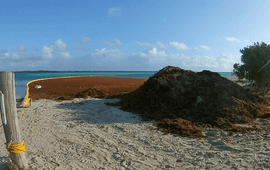
A joint experiment between WWF-Mexico and STINAPA Bonaire found that vegetables grown in soil enriched with sargassum had higher levels of arsenic and cadmium, heavy metals that can be toxic to humans and animals. Researchers warn..
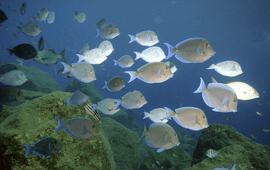
A new study by researchers from the University of Texas and California Polytechnic State University documented herbivorous fishes feeding on fish fecal pellets off the coast of Bonaire. This has never been recorded in the..
